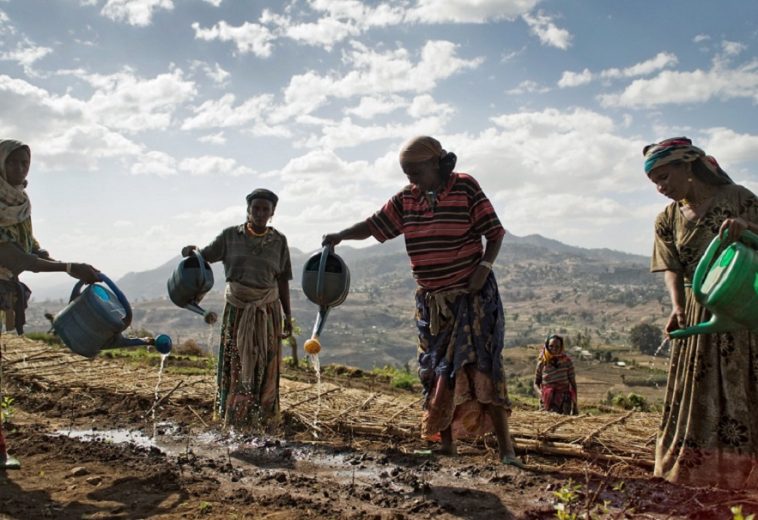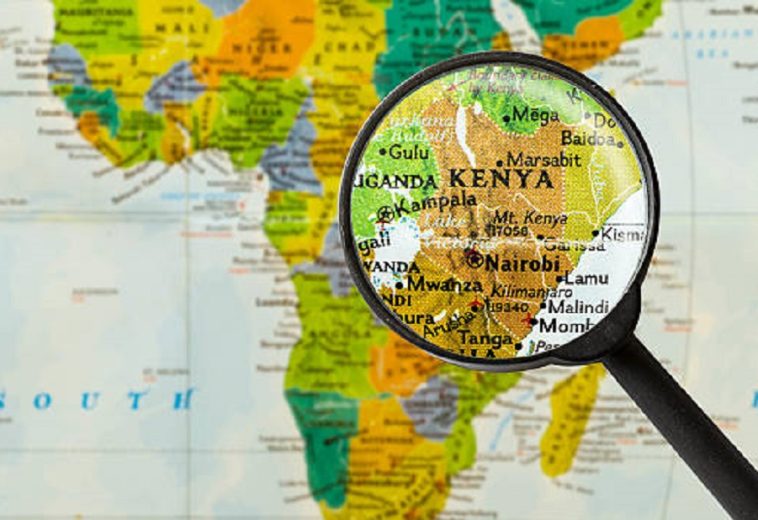The shift toward decentralised governance in Africa represents a transformative movement, emerging as a fundamental approach to promote sustainable development, foster economic integration, and enhance security across the continent.
This decentralised framework enables the implementation of tailored solutions to local challenges while aligning with overarching continental objectives established by the African Union (AU) and the African Continental Free Trade Area (AfCFTA).
Key Drivers of Regional Governance in Africa
The Role of the African Union: The AU has been a driving force in promoting regional integration through initiatives like the AfCFTA, which aims to create a single market for goods and services. Decentralising power through regional institutions enables African countries to implement policies that respond to local needs while advancing collective continental goals. Regional Economic Communities (RECs) such as ECOWAS (Economic Community of West African States) and SADC (Southern African Development Community) are critical players driving this decentralisation.
Security and Governance: Regional governance aids in conflict prevention and resolution by engaging local actors who are better positioned to understand and mitigate tensions. Initiatives like the African Standby Force (ASF) have demonstrated the potential of regional bodies in managing security crises. This decentralisation strengthens the continent’s overall capacity to address security challenges, reducing reliance on external forces.
Economic Integration and Trade: The AfCFTA is at the forefront of economic decentralisation, aiming to increase intra-African trade by reducing tariffs and other barriers, promoting industrialisation, and creating jobs. As digitalisation expands, regional governance supports policies that facilitate e-commerce and the digital economy, as noted in ongoing UN assessments.
Impacts of Regional Governance
Localised Solutions: Regional bodies provide a platform to address local issues such as infrastructure, education, and public health more effectively than centralised systems. This localised governance promotes inclusive development and ensures that decisions are not “one size fits all” model.
Economic Growth: Decentralisation encourages regional economies to develop their strengths. For instance, East Africa has become a leader in mobile money solutions, largely due to regional cooperation and governance. The AfCFTA, through decentralised policies, supports the growth of new industries and increases competitiveness.
Enhanced Political Stability: By involving local actors in governance, regional frameworks can foster political stability, offering a platform for dialogue and cooperation. This reduces the risk of conflicts escalating due to neglect by central authorities.
Comparison Analysis: Africa vs. Other Countries
When comparing Africa’s regional governance approach with other continents, one notable contrast is with South America, where regional integration has lagged. While Africa has made progress through initiatives like the AfCFTA and the AU’s political frameworks, South American nations have struggled with political fragmentation and weak regional governance structures. Bodies such as MERCOSUR (Southern Common Market) have faced challenges in achieving the level of cohesion seen in Africa’s REC structures.
In comparison to the Middle East, where geopolitical conflicts frequently impede regional cooperation, Africa has made significant strides. RECs such as ECOWAS have intervened successfully in governance crises, such as during The Gambia’s 2016 election, helping to maintain stability despite political tensions.
The continent’s decentralised regional governance is positioning the continent as a model for how collaboration can drive both economic and political stability. The continent’s increasing emphasis on local solutions within a regional framework has promoted resilience, fostered development, and made Africa a global player in regional governance.




